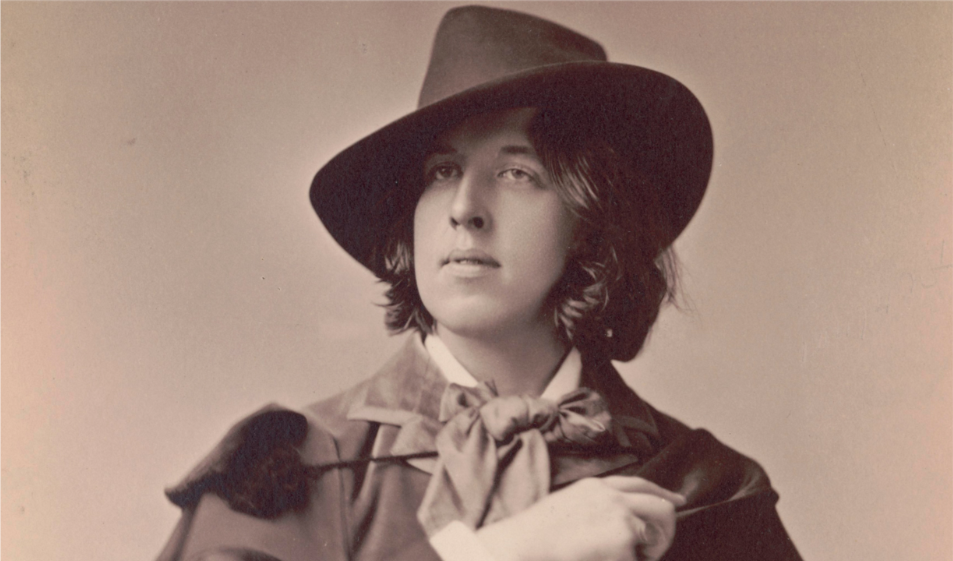18/01/24
Coach John recounts the life of one of his literary heroes, Oscar Wilde.
Click HERE to download the Weekly English Practice as a PDF.
Useful Vocabulary
wit: (n) keen and amusing intelligence; astuteness
aesthetic: (adj) of or relating to a sense of beauty or an appreciation of the arts
surgeon: (n) a physician who specialises in surgery / operations
folklore:(n) the traditional beliefs, legends, customs, etc., of a people
gemlike: (adj) like a mineral, pearl, or other natural substance valued for its rarity and beauty
flame: (n) a portion of burning gas or vapour
widespread: (adj)spread over a wide area
breeches: (n) old fashioned, knee-length trousers
barrister: (n) (in England) a lawyer who may speak in the higher courts
Oscar Wilde (born October 16, 1854, Dublin, Ireland—died November 30, 1900, Paris, France) Irish wit, poet, and dramatist whose reputation rests on his only novel, The Picture of Dorian Gray (1891), and on his comic masterpieces Lady Windermere’s Fan (1892) and The Importance of Being Earnest (1895)
He was a spokesman for the late 19th-century Aesthetic movement in England, which advocated art for art’s sake, and he was the object of celebrated civil and criminal suits involving homosexuality and ending in his imprisonment (1895–97).
Wilde was born of professional and literary parents. His father, Sir William Wilde, was Ireland’s leading ear and eye surgeon, who also published books on archaeology, folklore, and the satirist Jonathan Swift. His mother, who wrote under the name Speranza, was a revolutionary poet and an authority on Celtic myth and folklore.
Like many in his generation, Wilde was determined “to burn always with [a] hard, gemlike flame.”
Wilde agreed to lecture in the United States and Canada in 1882, announcing on his arrival at customs in New York City that he had “nothing to declare but his genius.” Despite widespread hostility in the press to his languid poses and aesthetic costume of velvet jacket, knee breeches, and black silk stockings, Wilde for 12 months exhorted the Americans to love beauty and art; then he returned to Great Britain to lecture on his impressions of America.
In 1884 Wilde married Constance Lloyd, daughter of a prominent Irish barrister; two children, Cyril and Vyvyan, were born, in 1885 and 1886.
In the final decade of his life, Wilde wrote and published nearly all of his major work.
But Wilde’s greatest successes were his society comedies.
His close friendship with Lord Alfred Douglas, whom he had met in 1891, infuriated the marquess of Queensberry, Douglas’s father. Accused, finally, by the marquess of being a sodomite, Wilde, urged by Douglas, sued for criminal libel. Wilde’s case collapsed, however, when the evidence went against him, and he dropped the suit. Urged to flee to France by his friends, Wilde refused, unable to believe that his world was at an end. He was arrested and ordered to stand trial and later sentenced to two years hard-labour in prison.
Adapted from Britannica
by ECP coach John Hird
Let’s chat about that!
- Give a summary of the text to your coach and/or classmates.
- Oscar Wilde was English – True or False?
- Where did Oscar study?
- At US customs Oscar declared: “I have nothing to declare but my genius.” What did he mean?
- Have you read any of his works? Talk about them.
- What did Lord Queensberry accuse Oscar of? What happened to him?
- Read the quotes from Oscar on page 2? Which ones do you like?
- Who are your favourite writers? Talk about their works.

